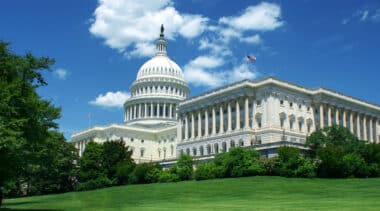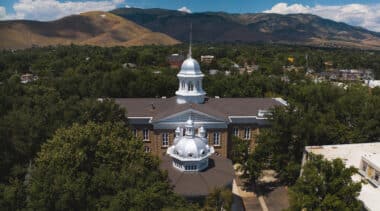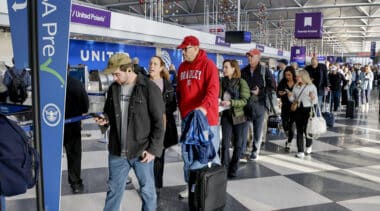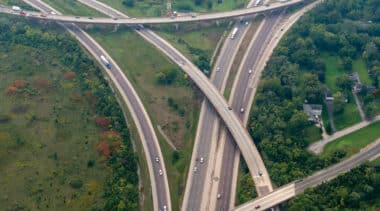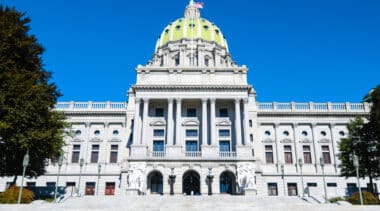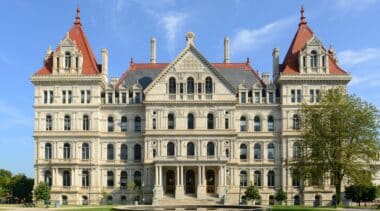-
Why is Texas investigating Meta’s AI Studio for offering unlicensed therapy?
Texas Attorney General Ken Paxton launched an investigation into Meta’s Artificial Intelligence Studio to determine whether its chatbot platform misleads children.
-
State attorneys general ask Congress to undermine their state hemp laws
The most effective solution to the problem of unregulated hemp products is a workable regulatory framework, not prohibition.
-
Nevada’s ban on AI therapists highlights regulation based on fear rather than analysis
This legislative approach could stifle innovation, prevent change and improvement in products and services, and harm the residents of Nevada.
-
Modernizing addiction regulations: How licensing, telehealth, and delivery reform can expand access to care
By embracing practical, evidence-based reforms, we can strengthen the national response to the opioid epidemic.
-
The decade of regulation: How New York City’s housing policies fueled rental inflation
Understanding how regulatory layering has driven rental inflation in New York City is critical to forging solutions that restore the rental market.
-
Building public trust in mileage-based road funding
Mileage-based user fees can either become another tax or a smarter, privacy-safe way to fund the roads people rely on.
-
FAA emergency order grounds flights for tens of thousands of travelers
Required flight cuts begin at 4% on Nov. 7, increase to 6% on Nov. 11, then 8% on Nov. 13, and finally peak at 10% on Nov. 14 and beyond.
-
Starting the transition from gas taxes to per-mile charging
Most transportation professionals are convinced that paying for America’s highways through per-gallon fuel taxes is no longer sustainable.
-
The staircase rule that’s limiting housing growth
Revisiting the two-stair requirement in building code could improve spatial efficiency and expand housing options.
-
Using the practical power of public-private partnerships to improve infrastructure
Public-private partnerships can help states deliver megaprojects but can also improve smaller-scale infrastructure projects.
-
California’s AI law works by staying narrow
The law takes a narrow, transparency-first approach to regulating advanced “frontier” AI models, creating room for experimentation, while requiring timely disclosures that give the state the data it needs to address risks as they emerge.
-
A chance to unlock the full potential of public-private partnerships in water infrastructure
Congress should use the 2026 Water Resources Development Act (WRDA) reauthorization to enable more public-private partnerships.
-
DOJ v. Visa could prove an important battleground for tech antitrust
In its lawsuit, the Department of Justice alleges that Visa has monopolized the market for debit payment.
-
Pennsylvania stalls on prison ID reform where other states found bipartisan consensus
Pennsylvania has twice rejected legislation to provide identification documents to people leaving prison, even as other states have embraced similar reforms.
-
Nobel Prize winners make powerful case for optimism amid technological change
The Nobel laureates’ work puts free minds and free markets squarely at the center of how societies prosper through innovation.
-
Ohio lawmakers consider bill to promote an independent childhood
Senate Bill 277 would assure parents that they can let their children engage in safe, reasonable activities without mandated adult supervision.
-
New York’s stalled AI bill would have blurred the line between disclosure and restriction
While pitched as a transparency measure, Assembly Bill 8595 would have set a new, unusually high bar for compliance.
-
Best practices to prevent misuse of opioid settlement funds
States should adopt clear guidelines to ensure settlement funds support evidence-based treatment and recovery.

